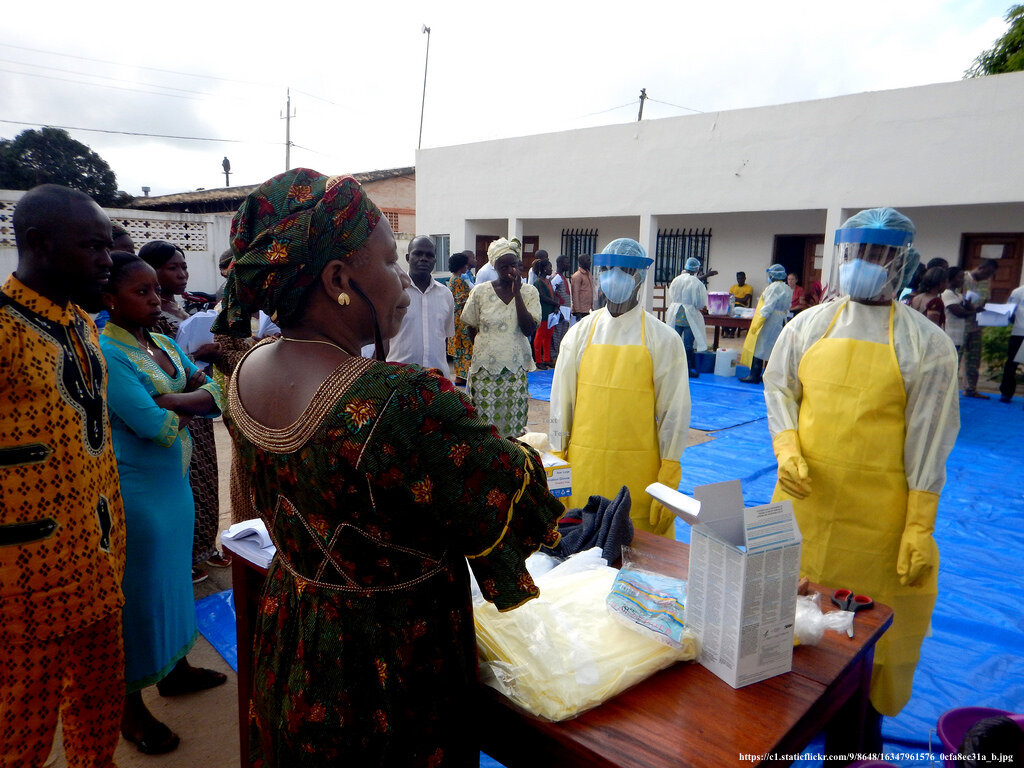Canadian Conference on Global Health: A Shifting View of Global Health
The Canadian Conference on Global Health (CCGH) took place October 29-31, 2017 in Ottawa, Canada. The conference brought together over 600 individuals from across the world, including: public health practitioners, researchers, policy makers, physicians, and students, to discuss global health issues within the conference theme of “Leaving no one behind? Reflection for action in a changing world”. The commitment to “leaving no one behind” was emphasized early with the opening plenary featuring Dr. Paul Farmer, co-founder of Partners in Health. Dr. Farmer discussed the nature of global health work which, as he told the audience, is largely focused on equity. Dr. James Orbinski, a previous Médecins Sans Frontières President, addressed the “changing world” aspect of the conference and highlighted how global health must “return to the hive” (in reference to how bees organize themselves). More specifically, Orbinski argued that we must consider the hive of humans, by accounting for both where and how humans live, socialize, and organize themselves in their ever-changing lifestyles. The rapid increase in the rate of urbanization worldwide necessitates a reconsideration of how we approach the world we inhabit. Orbinski’s plenary talk finished with a “call for global public policy that is equity-based, that engages in bold, visionary, and practical efforts that actually meet the needs of people”. Ultimately, this set the stage for the three-day conference and guided fruitful discussions among participants.
Symposiums, concurrent sessions, and oral sessions focused on various topics, either centred around equity or with a large focus on equity. For example, the symposium that followed the opening plenary discussed “real-world” applications of equity-centred approaches. It emphasized the need to be attuned to the causes of inequities, and urged participants to use the experiences and perspectives of the oppressed to gain insight into those holding positions of power, rather than to use their perspectives to just examine the vulnerable themselves. The examinations of power structures from this point of view not only increase one’s understanding of the relationship the marginalized have to those in positions of power, but also provides guidance to create and foster a more equitable relationship.
The focus on oppressors as opposed to marginalized populations is a novel way to approach global health – just one of several approaches to global health that was discussed at CCGH. Global health has largely focused on key areas which have large pots of funding, such as: maternal and child health, infectious diseases, and disaster and emergency preparedness. The CCGH conference expanded the conversation around global health with numerous discussions on the social determinants of health, including income and poverty.
The second day of the conference opened with a keynote from Dr. Guy Standing, co-founder of the Basic Income Earth Network. Dr. Standing explained the importance of basic income, and highlighted examples of its implementation from across the world, including in the Global South. This is another diversion from traditional global health approaches, and was met with an interested and inquisitive audience; the talk led to numerous thoughtful questions and insightful discussion.
A symposium on the topic “Could income be the natural cure?” further explored the role of income in improving health. The session was packed with individuals, leaving standing room only – another sign of the interest in the topic of basic income. Speakers discussed the role of income as preventative more so than curative, though they did identify the role of income in allowing individuals to recover from shocks. The symposium highlighted the need to reframe thinking around basic income and see it as an intervention that impacts society as a whole. Basic income can create a society where everyone has opportunities and individuals can make decisions with compassion and care, rather than a strictly monetary lens. This, too, was well-received by the audience of individuals from various walks of life.
The movement away from discussions surrounding primarily traditional global health topics and towards topics such as universal basic income in the Global South reflects an overall shift in global health needs and practitioners’ ways of thinking. To echo Dr. James Orbinski, we must return to the hive, focusing on how individuals live and interact, which is quickly changing, particularly with the rise of urbanization. In fact, by 2050, 66 percent of the world’s population is expected to reside in cities, adding an additional 2.5 billion people to the world’s urban population (1). This rapid growth is particularly problematic as one of the major challenges facing cities is growing levels of income inequality (2,3), which has negative health implications for societies (4). Global health practitioners need to support those marginalized in urban settings to improve population health. Though the Canadian Conference on Global Health highlighted basic income as one solution to improving global public health, we must be open to expanding our existing knowledge base to leverage new opportunities through innovation to improve population health, particularly for marginalized populations. It is only then that we will leave no one behind.
References
UN DESA. World Urbanization Prospects: The 2014 Revision, Highlights (ST/ESA/SER.A/352). United Nations Department of Economic and Social Affairs: Population Division, 2014.
Florida, R. The New Urban Crisis: How Our Cities Are Increasing Inequality, Deepening Segregation, and Failing the Middle Class and What We Can Do About It Basic Books; 2017.
Barber, B. If Mayors Ruled the World. New Haven: Yale University Press; 2013.
Marmot, M, Allen, J, Bell, R, Bloomer, E, Goldblatt, P. WHO European review of social determinants of health and the health divide. The Lancet. 2012;380:1011–29.

